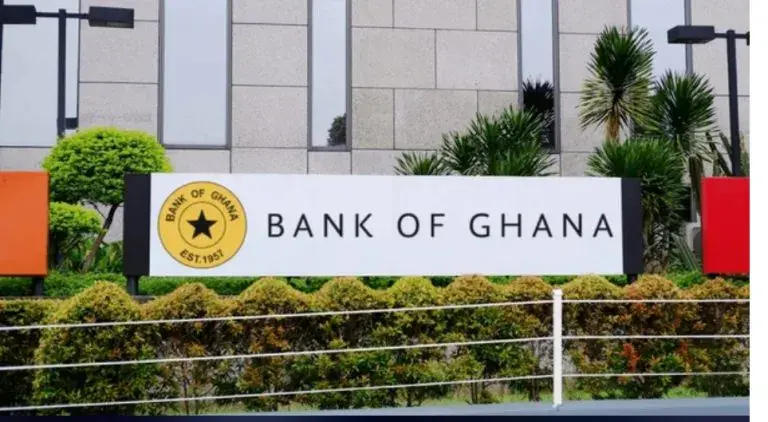The Bank of Ghana has issued a comprehensive directive reinforcing the exclusive legal tender status of the Ghana Cedi for all domestic transactions and unequivocally prohibiting unauthorized foreign exchange operations. This directive, issued on August 27, 2025, serves as a stern reminder to all individuals and institutions operating within Ghana’s economic landscape, emphasizing the illegality of engaging in foreign currency transactions outside the authorized banking system. The Bank of Ghana’s notice specifically targets the pervasive practice of black market foreign exchange dealings, which involves the illegal exchange of foreign currencies, primarily the US dollar, outside the regulated financial institutions. The central bank has explicitly outlawed all aspects of these unauthorized transactions, including pricing, quoting, advertising, issuing receipts, and making or receiving payments in foreign currencies for domestic transactions.
The Bank of Ghana’s directive extends across a wide spectrum of everyday transactions, encompassing various sectors of the economy. School fees, vehicle sales and rentals, real estate transactions, airline ticket purchases, domestic contracts, retail shopping, online sales, and hotel accommodations are all explicitly included within the scope of this directive. This comprehensive coverage underscores the Bank of Ghana’s commitment to ensuring that the Ghana Cedi remains the sole legal tender for all domestic economic activities, thereby safeguarding the integrity of the national currency and the stability of the financial system. The Bank of Ghana’s directive mandates that all institutions, both public and private, as well as individuals currently engaging in these prohibited foreign exchange practices, must immediately cease and desist from such activities.
The central bank has provided specific guidelines regarding transactions involving expatriates and non-residents. While invoices issued in foreign currencies are permissible for these individuals, the Bank of Ghana stipulates that the proceeds from such transactions must be deposited into a designated Foreign Exchange Account held with a licensed bank operating within the country. Furthermore, the exchange rates applied to these invoices must accurately reflect the prevailing commercial bank rates, benchmarked against the central bank’s officially published reference rate. This measure ensures transparency and prevents arbitrary pricing practices that could undermine the stability of the foreign exchange market.
The Bank of Ghana has reassured the public that legitimate international payments can continue to be processed through the established banking system, subject to existing regulatory thresholds. This clarification aims to alleviate concerns about disruptions to legitimate international transactions while simultaneously reinforcing the importance of conducting all domestic transactions in the Ghana Cedi. The central bank has emphasized its commitment to strictly enforcing compliance with this directive. Individuals and institutions found in violation of the Foreign Exchange Act, 2006 (Act 723), will face stringent sanctions and legal consequences. The Bank of Ghana’s unwavering stance on enforcing compliance underscores its determination to curb black market activities and maintain the stability of the Ghana Cedi.
The overarching objective of the Bank of Ghana’s directive is to safeguard the integrity of the Ghana Cedi and maintain stability within the national foreign exchange market. Black market activities, by their very nature, operate outside the regulatory framework, posing a significant threat to the value of the Cedi and undermining the effectiveness of the central bank’s monetary policies. By clamping down on these unauthorized transactions, the Bank of Ghana aims to protect the national currency from speculative pressures and maintain a stable exchange rate environment.
This directive, signed by Aimee V. Quashie on behalf of the Secretary to the Bank of Ghana, represents a significant step in the central bank’s ongoing efforts to regulate the foreign exchange market and maintain economic stability. The Bank of Ghana’s proactive approach in addressing unauthorized foreign exchange activities demonstrates its commitment to upholding the integrity of the financial system and protecting the interests of the Ghanaian economy. The directive’s comprehensive coverage, combined with the Bank of Ghana’s commitment to strict enforcement, sends a clear message that unauthorized foreign exchange dealings will not be tolerated and that the Ghana Cedi remains the sole legal tender for all domestic transactions.


